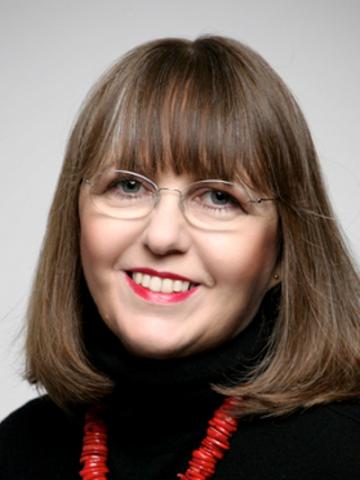Bio
Jónína Leósdóttir was born in Reykjavík on May 16, 1955. She grew up in the west part of town, where she attended elementary and secondary school. After graduating from M.R. high school in 1974, Jónína studied linguistics and art history at Essex University for one year. She graduated with a B.A. degree in English and literature from the University of Iceland in 1984 and has also taken playwriting courses at the University’s Continuing Education.
Jónína worked as a journalist and editor for years. She was a journalist at the weekly paper Helgarpósturinn from 1985 – 1988, the editor of weekly Pressan from 1988 – 1990 and a member of the editorial at Nýtt Líf magazine from 1990 – 2005. Since then she has been a full time writer. Earlier jobs include work in the travel business, both in England and at home in Iceland, for Icelandair and different travel agencies. Jónína worked for the parliament party Bandalag jafnaðarmanna from 1984 – 1985 and was a vice-member of the Icelandic parliament Althingi for the same party from 1983 – 1987. Since 2006, Jónína has been a full-time writer.
Jónína’s first original work on print is the biography of Pastor Sigurður H. Guðjónsson, Guð almáttugur hjálpi þér (May the Good Lord Help You), from 1988. Before, she had written plays and translated books by foreign authors. She writes both for adult readers and teenagers and her work includes novels, crime novels among them, short stories, plays, poetry, translations and non-fiction. Among the awards she has received for her work is the poetry award Ljóðstafur Jóns úr Vör, the IBBY Iceland Award for her novels for teenagers and prizes in playwriting competitions.
From the Author
To Live and Write
My first task at the beginning of each working day is to light a candle. It doesn’t matter whether it is dark or bright outside, winter, spring, summer or autumn. And when the flame dies down, usually about five hours later, I immediately light another candle. Sometimes, during my longest stretches at the computer, I go through three candles a day.
Obviously, I don’t need the candle to see properly and neither do I light it to create a cosy atmosphere. Although the flickering light is both beautiful and peaceful to look at, first and foremost it is a symbolic reminder.
When I light the candle, I take a few moments to contemplate and the first thing that always comes to mind is gratitude. For in spite of having had my share of difficulties there are so many things I can be thankful for, and I find it very important not to look at all the positive aspects of life as a given. I am grateful for all the good things I have been granted, from my trusted friends and wonderful family to the refreshing tea in my cup.
The candle light in my study is, among other things, a symbol of gratitude for being able to dedicate my time to writing. This is by no means something you can take for granted. A single mother, as I was for a decade and a half, cannot allow herself the luxury of sacrificing a steady job for a dream of becoming a writer. At least not a single mother, who wants to avoid ulcers and sleepless nights worrying about unpaid bills. That kind of person has to make do with evenings, weekends, Christmases, Easter and summer holidays for her writing. But she also has to meet various other demands during that sporadic free time, so those stolen working hours can be filled with guilt. Shouldn’t she be enjoying some quality-time with her children, family or friends, doing house-work or simply resting and recharging her batteries?
If the need to write is great, however, the woman will still write. And I don’t use the word need by chance. If it were a mere longing it would be easier to push aside, especially for a person in a fulfilling job, like the ones I was always lucky enough to have. But a burning need cannot easily be pushed aside.
I started writing books, plays and short stories when I had a very exciting job as a journalist. I simply didn’t thrive unless I also wrote something “for myself.” My first book was published in 1988, three more appeared in the early nineties and after that I turned to playwriting for a while. During that time my writing was always done on top of a full-time job, and I always had that dream in my heart of one day being able to dedicate myself to creative writing.
That dream finally came true in early 2006, when I was fifty-one years old.
During the five years that have since passed, I have had five books published and two plays broadcast on the radio. I also received the poetry prize, Ljóðstafur Jóns úr Vör, and an award from IBBY Iceland for books for young adults. However, I am not documenting this out of pure need to brag, but rather to show that I have tried to use this time well.
Perhaps I should not have waited this long. Maybe I should just have taken the plunge, taken loans and chances. But there is no point in wasting time and energy on regrets. When I light my candle in the mornings, I give sincere thanks for having been able to become a full time writer. I feel really blessed. So I had to wait for my dream-job until I was in my fifties, so what? Some people never get the chance to work at what they most desire. And some people never reach their fifties.
Others may find this sentimental, but each time I look at the candle in my study a feeling of immense gratitude rushes through me. Gratitude for being granted those two important wishes, to live … and write.
Jónína Leósdóttir, April 2011.
Awards
2009 - Vorvindar - IBBY Iceland Award: For her writing for teenage readers
2008 - The poetry award Ljóðstafur Jóns úr Vör: „Miðbæjarmynd“ (Downtown Image)
2007 - Nýtt Líf Magazine short story competition, 1st prize: „Leiðarlok“
2006 - Reykjavík City Theatre Crime Writing Competition, one of the six finalistsi: Engu að tapa (Nothing to Loose)
1997 - Reykjavík Theatre Company Playwriting Competition, 3rd prize: Sælustundir (Bliss)
1995 - Sjálfsbjörg (the Association of Disabled in Iceland) and the Icelandic Municipalities Playwriting Competition, 2nd prize: Að vera eða vera ekki (To Be or Not to Be)
Nominations
2017 – The Drop of Blood, the Icelandic crime writers‘ prize: Konan í blokkinni (The Lady in the High-Rise)
2006 - Gríman, the Icelandic Theatre Awards: Hér er kominn maður (Here is a Man). As the radio play of the year
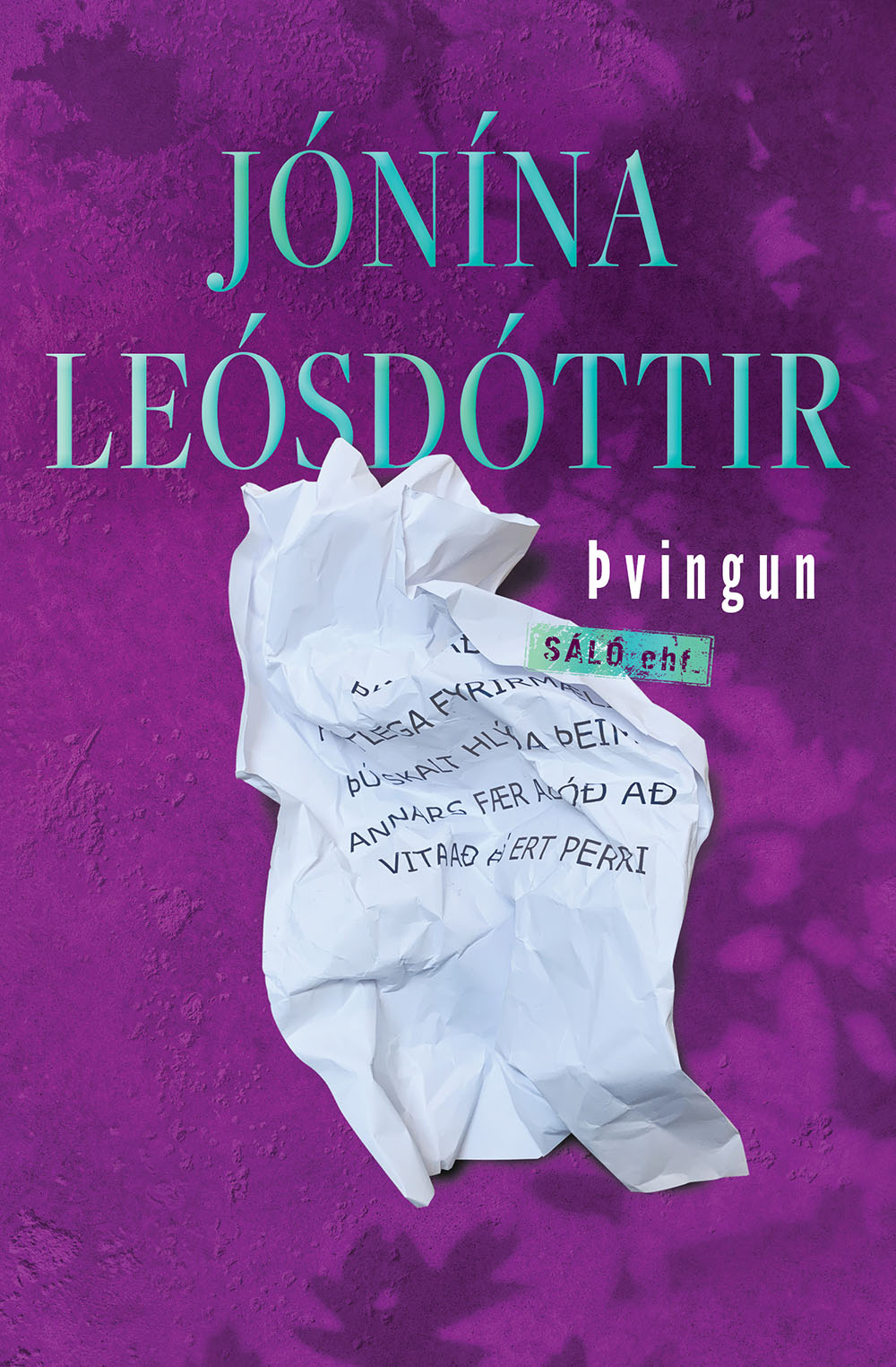
Þvingun (Coercion)
Read moreMaður finnst myrtur í sumarbústað við Laugarvatn og sú sem kemur að honum er Magga, dóttir Adams sálfræðings og Soffíu rannsóknarlögreglukonu. Mál fara að flækjast þegar í ljós kemur að einn skjólstæðingur Adams hefur fengið hótunarbréf sem tengist þessu morði og fyrr en varir er Adam enn á ný kominn hálfnauðugur í hlutverk aðstoðarmanns sinnar eldhressu, lakkrísbryðjandi fyrrverandi eiginkonu. Í ofanálag ágerist heilabilun móður hans sífellt og leyndarmálið um Jenný leitar upp á yfirborðið.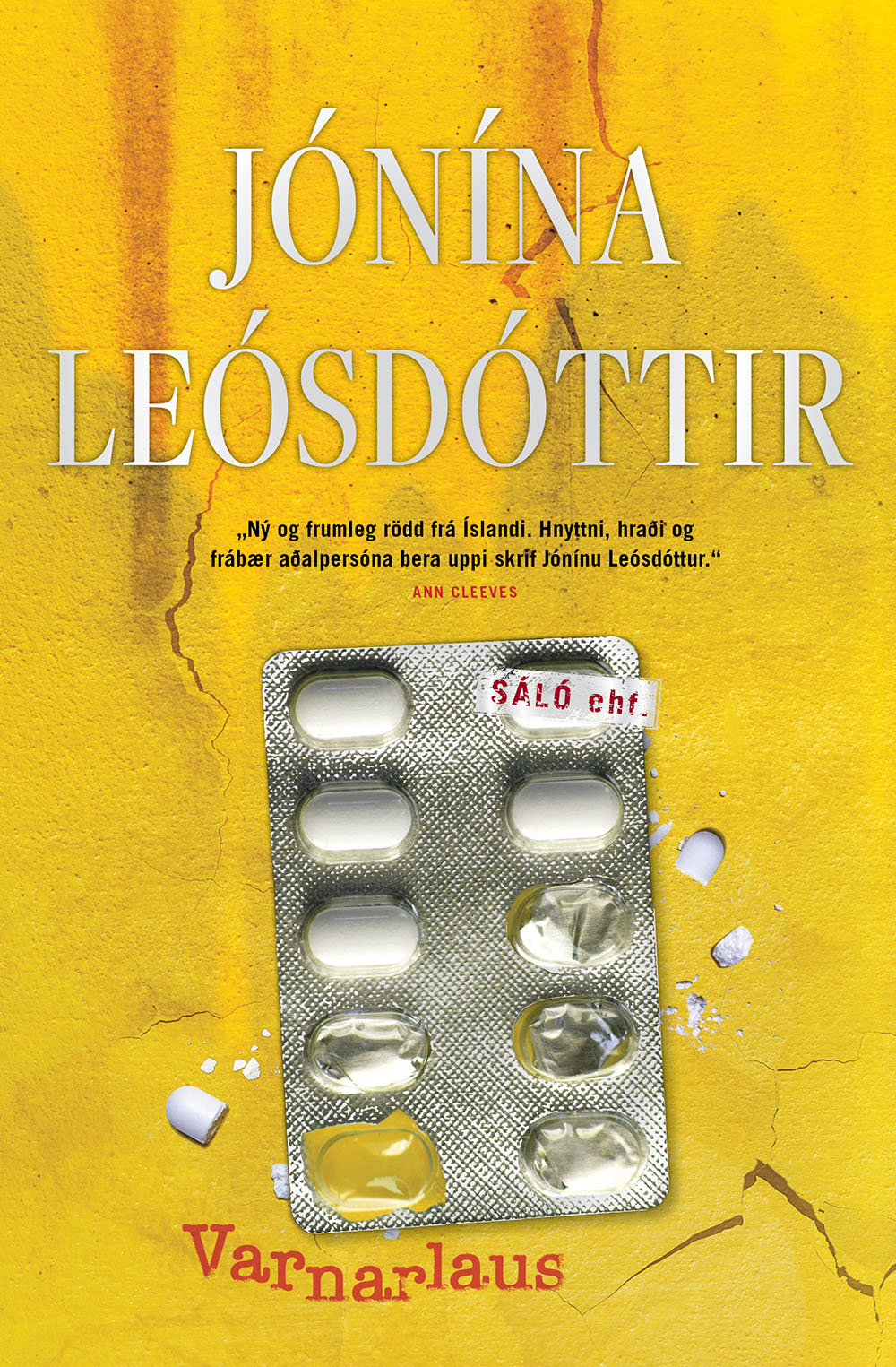
Varnarlaus (Defenceless)
Read moreAdam er rétt mættur í vinnuna á sálfræðistofunni Sáló þegar barni er rænt úr afgreiðslunni.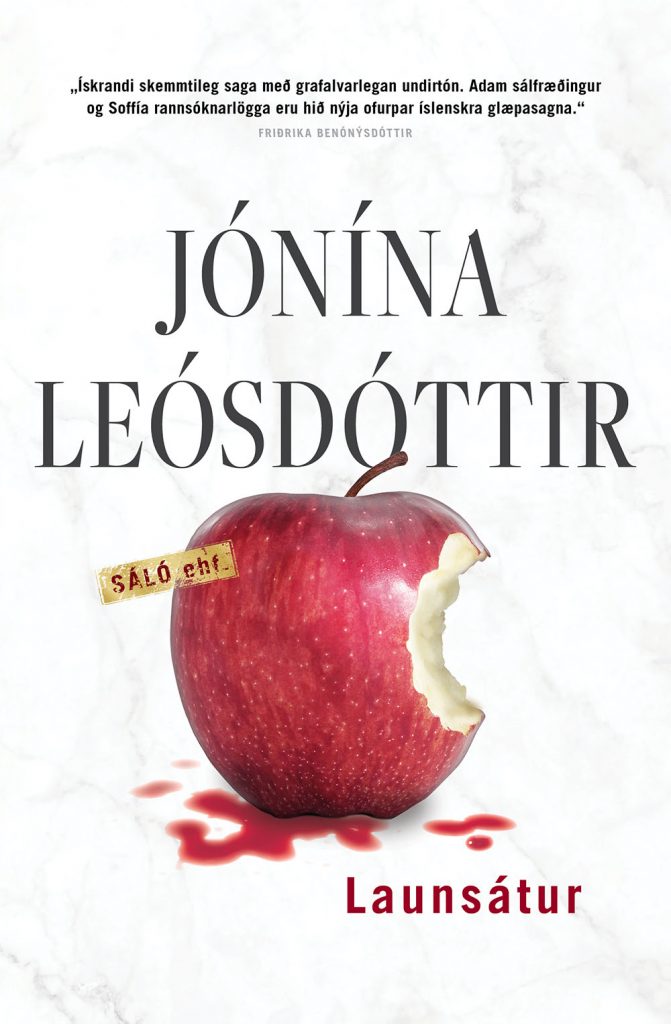
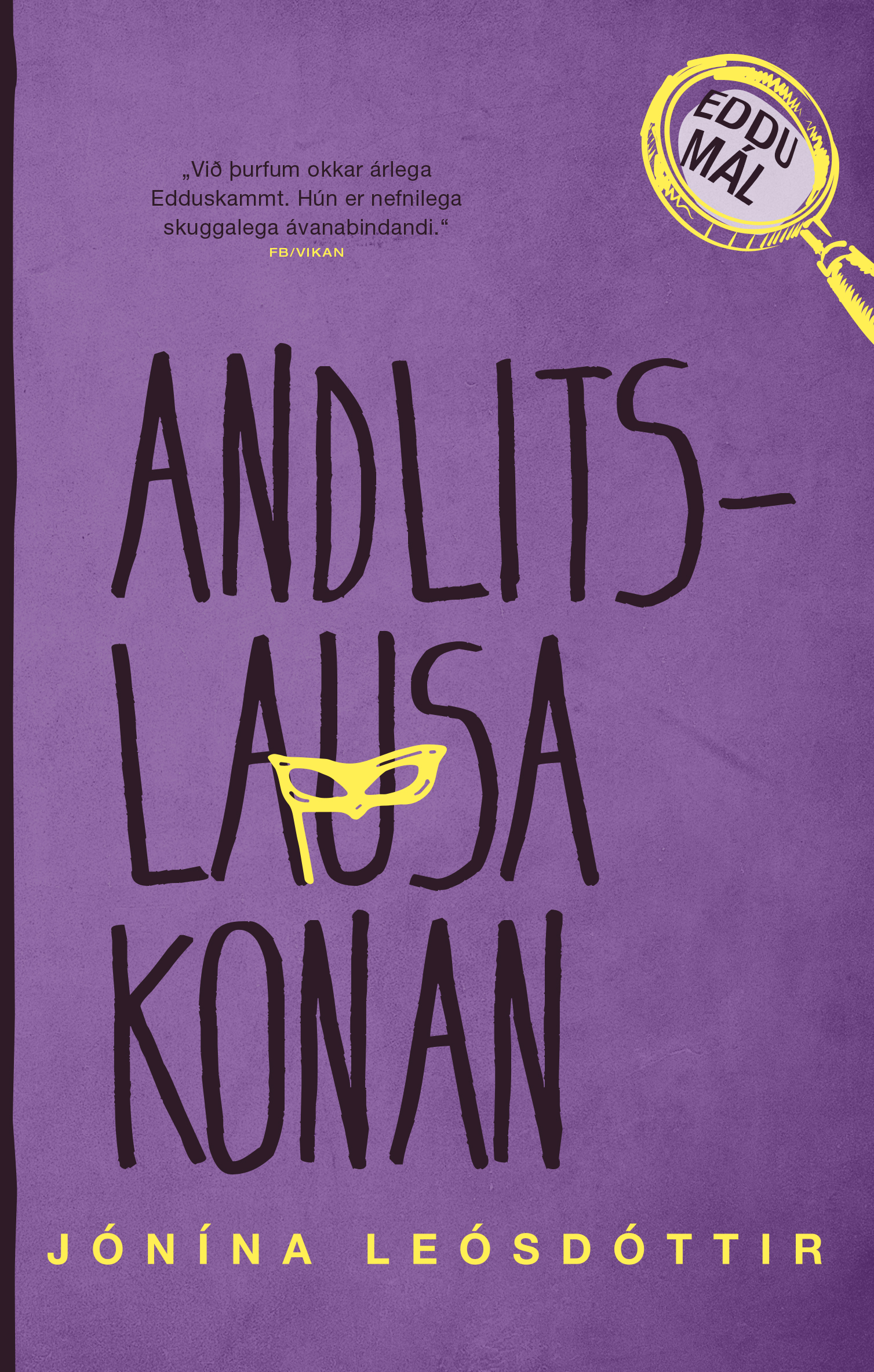
Andlitslausa konan (The Woman Without Face)
Read moreAndlitslausa konan er fimmta bók Jónínu um Eddu á Birkimelnum, glímu hennar við flókin sakamál og samskiptin við fjölskylduna sem stundum eru síst einfaldari.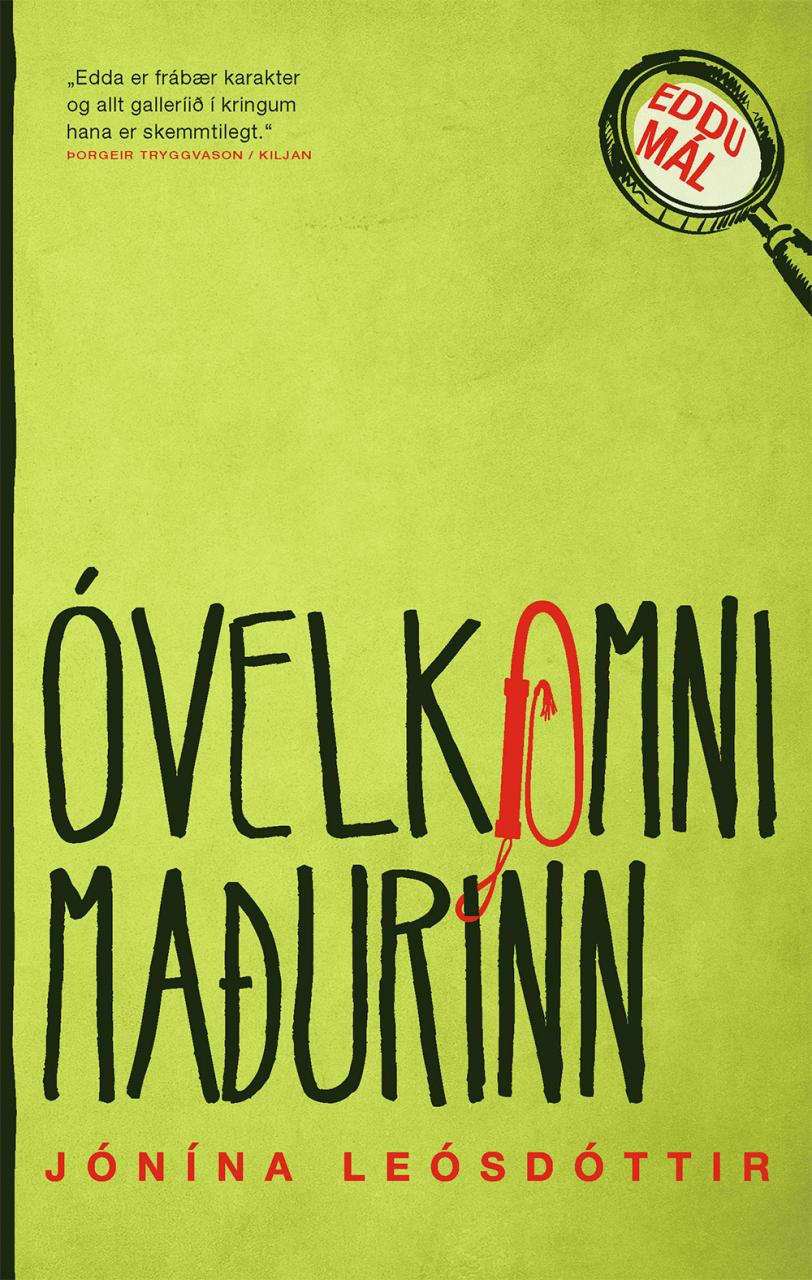
Óvelkomni maðurinn (The Unwelcome Man)
Read more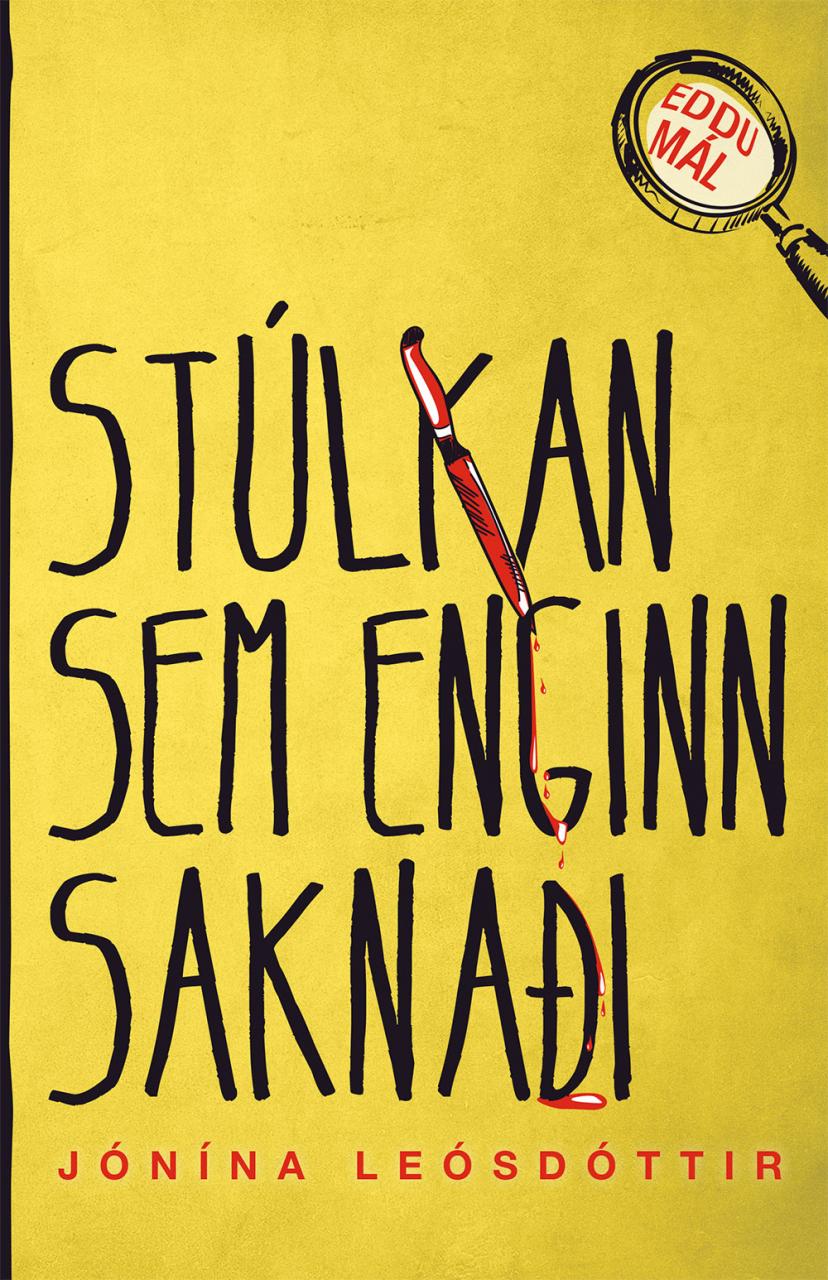
Stúlkan sem enginn saknaði (The Girl No-One Missed)
Read more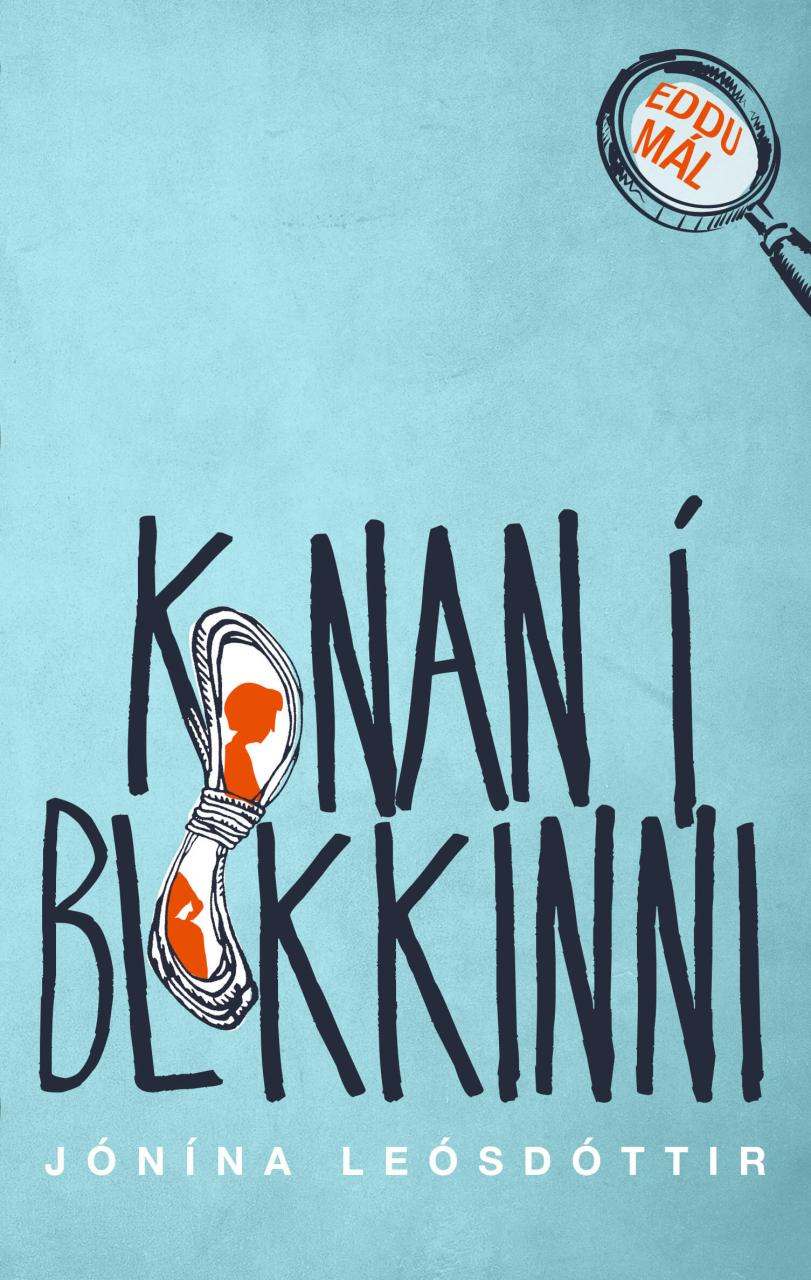
Konan í blokkinni (The Woman in the High Rise)
Read more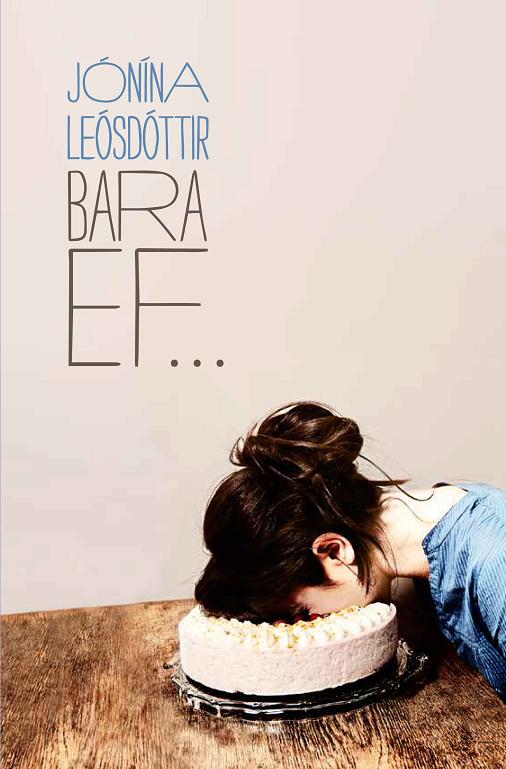
Bara ef...
Read more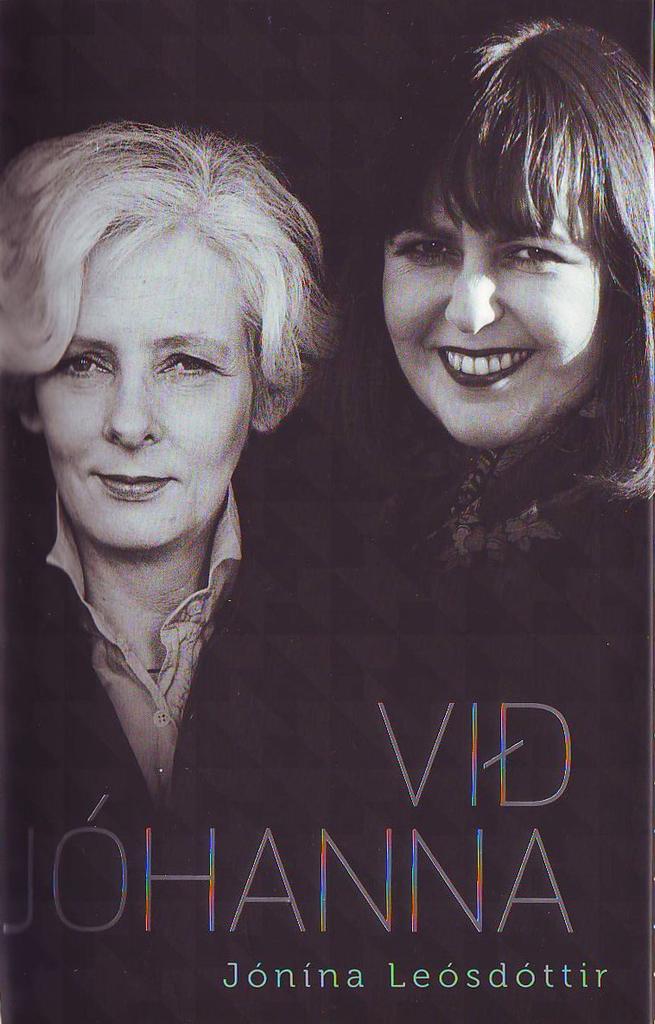
Við Jóhanna (Jóhanna and I)
Read more
